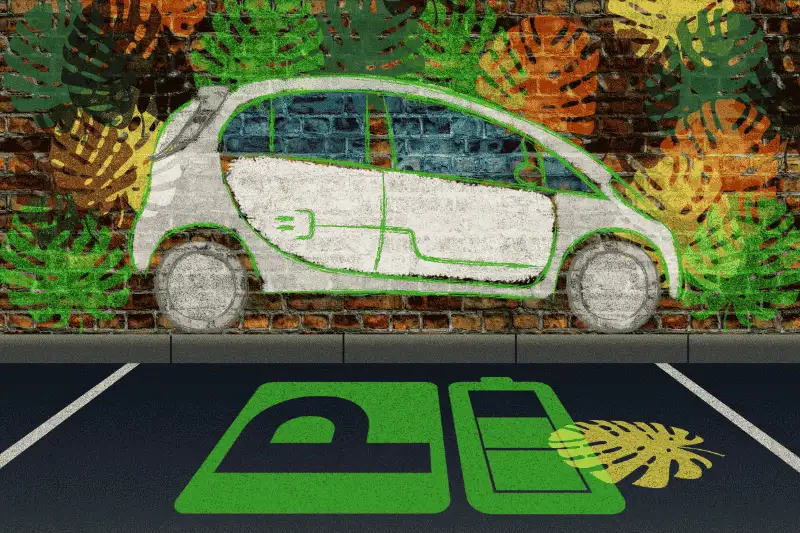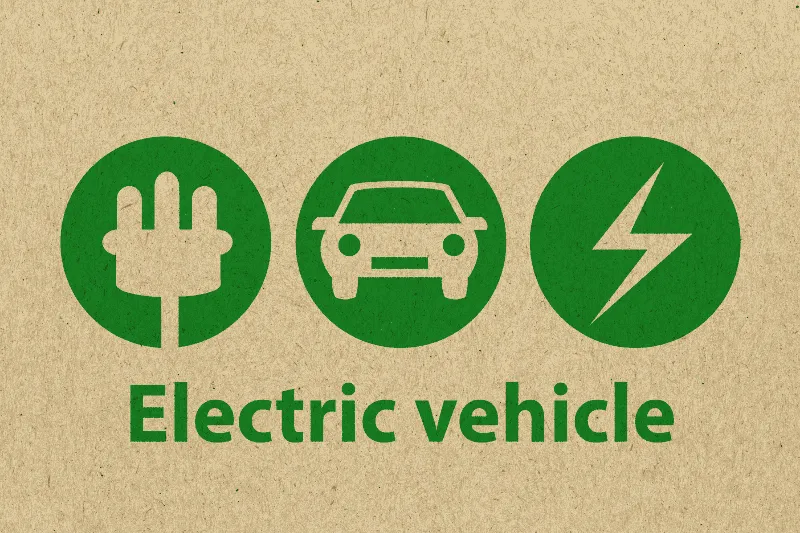In today’s interconnected world, the relationship between science technology and society profoundly impacts our daily lives, often in ways we may not fully recognize. These three elements are closely linked, with each one affecting and being affected by the others. This dynamic not only propels advancement but also introduces intricate challenges and ethical questions that require careful reflection.
Relationship between science technology and society
Science and Technology: Science is a systematic endeavor that constructs and organizes knowledge through testable explanations and predictions about the universe. In contrast, technology refers to the practical application of scientific knowledge. Progress in science frequently results in new technologies, which in turn facilitate further scientific discoveries.
Technology and Society: Technology significantly influences society by elevating living standards, generating new employment opportunities, and improving communication. Nonetheless, it also brings forth concerns regarding privacy, security, and ethical considerations. Society plays a crucial role in determining which technologies are created, embraced, and regulated.
Science and Society: The values, needs, and concerns of society play a crucial role in shaping the priorities of scientific research. Public opinion and the availability of funding can steer scientific exploration toward specific areas, such as renewable energy or advancements in medical research. On the flip side, scientific breakthroughs can bring about major social transformations, exemplified by the invention of antibiotics or the rise of the internet.
The evolution of scientific research
Over the centuries, scientific research has transformed from a simple observational activity into a highly organized and collaborative pursuit. Pioneers like Galileo and Newton carried out revolutionary experiments that established the groundwork for modern physics. In contrast, contemporary scientific research is marked by extensive projects and global partnerships, exemplified by initiatives like the Human Genome Project and the Large Hadron Collider. These endeavors demand substantial funding and resources, typically sourced from governments, private entities, and international organizations. As science advances, it continually expands the limits of our understanding, resulting in technological breakthroughs that reshape society.
Technological advancements and their societal implications
Technological advancements significantly shape our society, affecting various aspects like communication and healthcare. Take the internet, for instance; it has transformed the way we connect and exchange information. This innovation has made knowledge more accessible, allowing people globally to learn, communicate, and collaborate in ways that were once unimaginable. Yet, these advancements also bring challenges, including cybersecurity threats and the digital divide, which underscores the inequalities in technology access. As technology progresses, it is crucial to tackle these issues and make sure that its advantages reach everyone in society.

Ethical considerations in science and technology
With great power comes great responsibility, and this saying is especially relevant in the realms of science and technology. It’s essential to consider ethical implications when creating and applying new technologies. Topics like data privacy, genetic modification, and artificial intelligence bring forth significant questions regarding the moral consequences of scientific and technological progress. Society needs to participate in meaningful conversations and create regulatory frameworks to tackle these ethical challenges. By doing this, we can make sure that advancements in science and technology reflect our values and enhance the well-being of humanity.
The future of science, technology, and society
The future of science, technology, and society is brimming with exciting opportunities and challenges. New fields like quantum computing, biotechnology, and renewable energy promise to change our world in remarkable ways. These innovations could help address some of humanity’s biggest problems, including climate change, disease, and energy shortages. However, it’s crucial to thoughtfully consider their societal effects and ethical concerns. By promoting a collaborative and inclusive approach to scientific and technological progress, we can tap into their potential to build a brighter future for everyone.
Side-by-Side comparison
| Aspect | Science | Technology | Society |
|---|---|---|---|
| Purpose | Discovering new knowledge | Applying knowledge for practical uses | Benefiting from and shaping science & tech |
| Impact on Each Other | Provides foundational knowledge for technology | Enables new scientific discoveries; impacts society | Influences scientific priorities and tech development |
| Examples | Theories of Relativity, Quantum Mechanics | Smartphones, Artificial Intelligence | Cultural norms, Government policies |
| Challenges | Research funding, ethical implications of discoveries | Privacy concerns, digital divide, cyber security | Regulation, ethical use, societal acceptance |
Conclusion
The relationship between science, technology, and society is a constantly changing and evolving process. As we strive to expand our understanding and innovate, it is crucial to reflect on the ethical, social, and environmental consequences of our actions. By recognizing and managing this relationship, we can leverage the potential of science and technology to tackle global issues and enhance the quality of life for everyone. The future holds promise, but it demands a united effort from scientists, technologists, policymakers, and the broader community to navigate the complexities and ensure that advancements benefit all.








